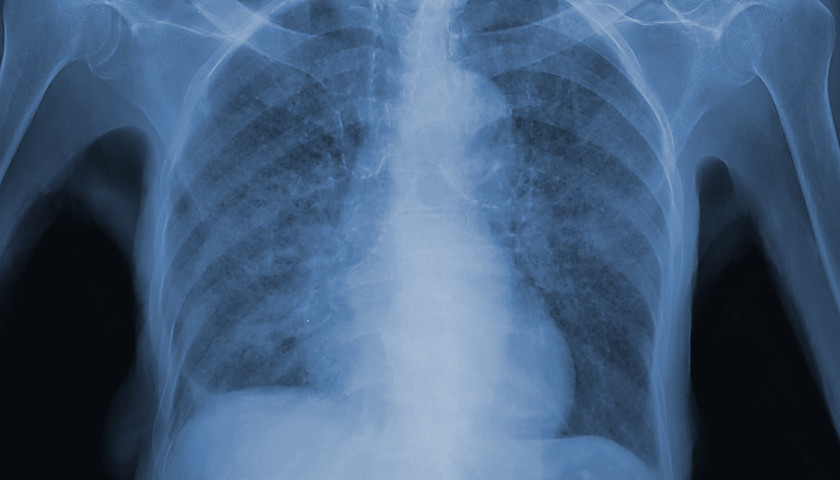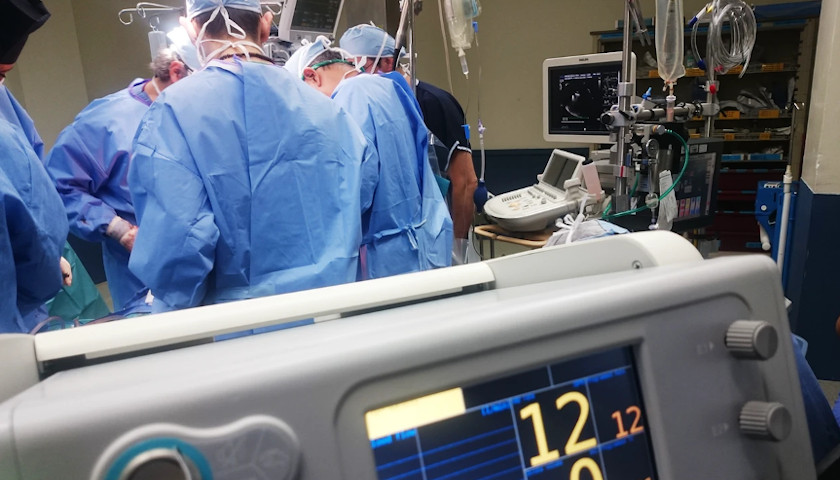Tuberculosis (TB) is a vicious epidemic that is drastically underfunded. That was the takeaway message from the first high-level meeting focused on the infectious disease at the U.N. General Assembly in New York.
Amina Mohammad, U.N. deputy secretary-general, said the disease is fueled by poverty, inequality, migration and conflict, and that an additional $13 billion per year is needed to get the disease under control.
Last year, tuberculosis killed more people than any other communicable disease — more than 1.3 million men, women and children.
The World Health Organization estimates that the 10 million people who become newly infected each year live mostly in poor countries with limited access to health care.
Dr. Tedros Adhanom Ghebreyesus, head of the WHO, told the assembly that partnership is vital to end the disease. He said the WHO is committed to working with every country, partner and community to get the job done.
The WHO plans to lead U.N. efforts to support governments and other partners in order to drive a faster response to TB.
Most people can be cured with a six-month treatment program. But as world leaders told the assembly, medication is expensive, and the stigma associated with TB interferes with getting people screened and treated.
Nandita Venkatesan, a young woman from India, told the assembly about the toll the disease has taken on her life. She got TB more than once, including a drug-resistant variety. She said it robbed her of eight years of her life while she was being treated. One of the medications she took to help cure TB robbed her of her hearing.
Venkatesan said getting cured involved hospital stays, six surgeries and negative reactions to at least one drug used to cure her.
Just days before the high-level meeting, the WHO released its annual TB report. It found cases in all countries and among all age groups. It also found that two-thirds of the cases were in eight countries — India, Pakistan, Bangladesh, China, Indonesia, the Philippines, South Africa and Nigeria.
The meeting ended with the adoption of a declaration intended to strengthen action and investments for ending TB and saving millions of lives.





